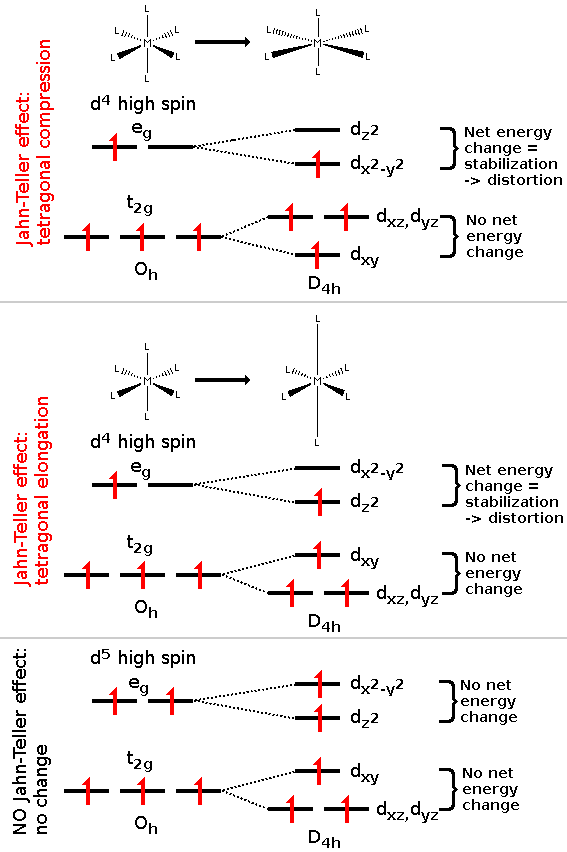When filling electrons in atomic or molecular orbitals we fill first the lower energy orbitals and then the higher, according to Pauli and Hund's rule. But this seem not to be the case when considering metal complexes. According to Wikipedia
For example why the $d_{xy}$ orbital in the $d^4$ high spin is not fully occupied? Is the pairing energy that changes the order of filling the orbitals?
